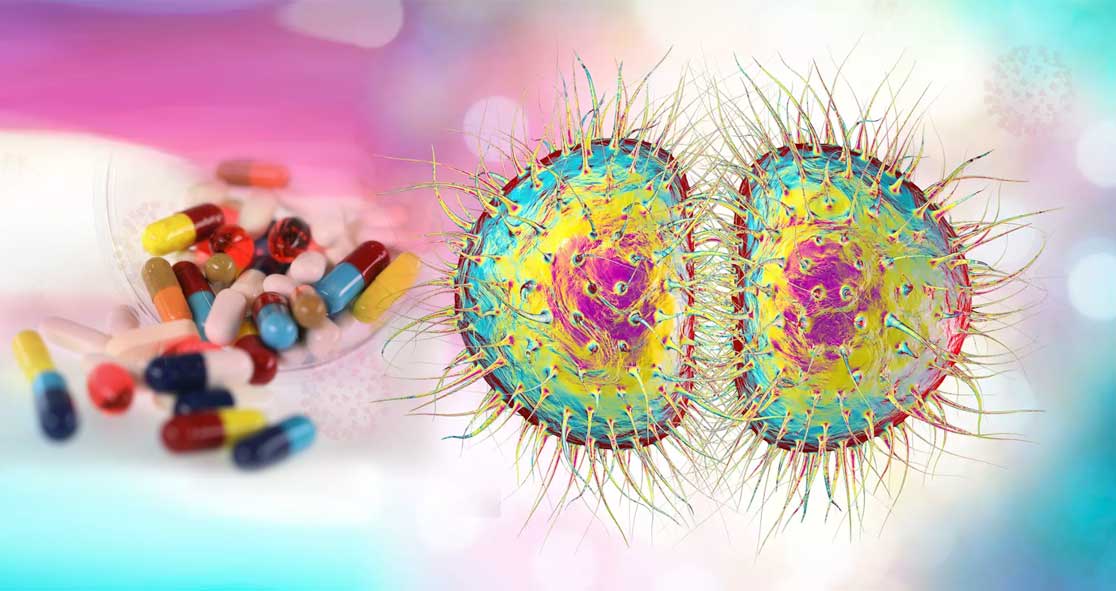In an article published in Forbes, Bruce Lee, Senior Contributor, Healthcare, has explained why “Super Gonorrhea” is trending on Twitter right now.
Super gonorrhea is a condition that occurs when the bacteria that causes gonorrhea, called Neisseria gonorrhoeae, develops a high level of resistance to the antibiotics used to treat the infection, such as azithromycin (Zithromax) and ceftriaxone (Rocephin).
In 2017, Lee reported that the World Health Organization (WHO) listed N. gonorrhoeae on its world’s most dangerous superbugs list.
So why is super gonorrhea trending on Twitter? Lee explained in the article that the trending stemmed from a WHO spokesperson telling The Sun that “the overuse of azithromycin and the lack of services to treat sexually transmitted infections (STIs) during the Covid-19 coronavirus pandemic may be fueling the rise of super gonorrhea.”
Earlier this year, people were touting the use of azithromycin along with hydroxychloroquine (HCQ) to treat COVID. Some political leaders, including President Donald Trump, jumped on this conclusion, despite experts warning against it.
Clinical studies have also not found any strong evidence to support the use of azithromycin along with HCQ.
Dr. Catherine Oldenburg of the University of California, San Francisco, (UCSF) said, “For patients with COVID-19, the addition of azithromycin to existing standard of care regimens does not appear to improve outcomes,” after reviewing results from the trial that evaluated combining “azithromycin and hydroxychloroquine and standard of care to treat patients hospitalized with severe COVID-19,” according to Lee.
Even the National Institutes of Health (NIH) “recommends against the use of chloroquine or hydroxychloroquine with or without azithromycin for the treatment of Covid-19” in hospitalized or non-hospitalized patients.
Using antibiotics unnecessarily or indiscriminately could increase the risk of antibiotic resistance. And antibiotics like azithromycin are considered “broad spectrum,” as they can kill or inactivate a variety of pathogens.
In the US, the percentage of N. gonorrhoeae samples have been found to less susceptible to azithromycin, meaning there has been a rise of azithromycin resistance in N. gonorrhoeae, which has prompted the CDC to change reconditions for treating uncomplicated gonorrhea.
The CDC now recommends only one 500 mg injection of ceftriaxone rather than a combination of azithromycin and ceftriaxone.
The coronavirus pandemic has prompted doctors to prescribe different antibiotics to treat COVID. It has also reduced the availability of doctors to properly treat sexually transmitted diseases (STDs), forcing people to self-medicate with potentially inappropriate antibiotics. For more information on how antibiotic resistance has being causing super gonorrhea, visit Forbes.























